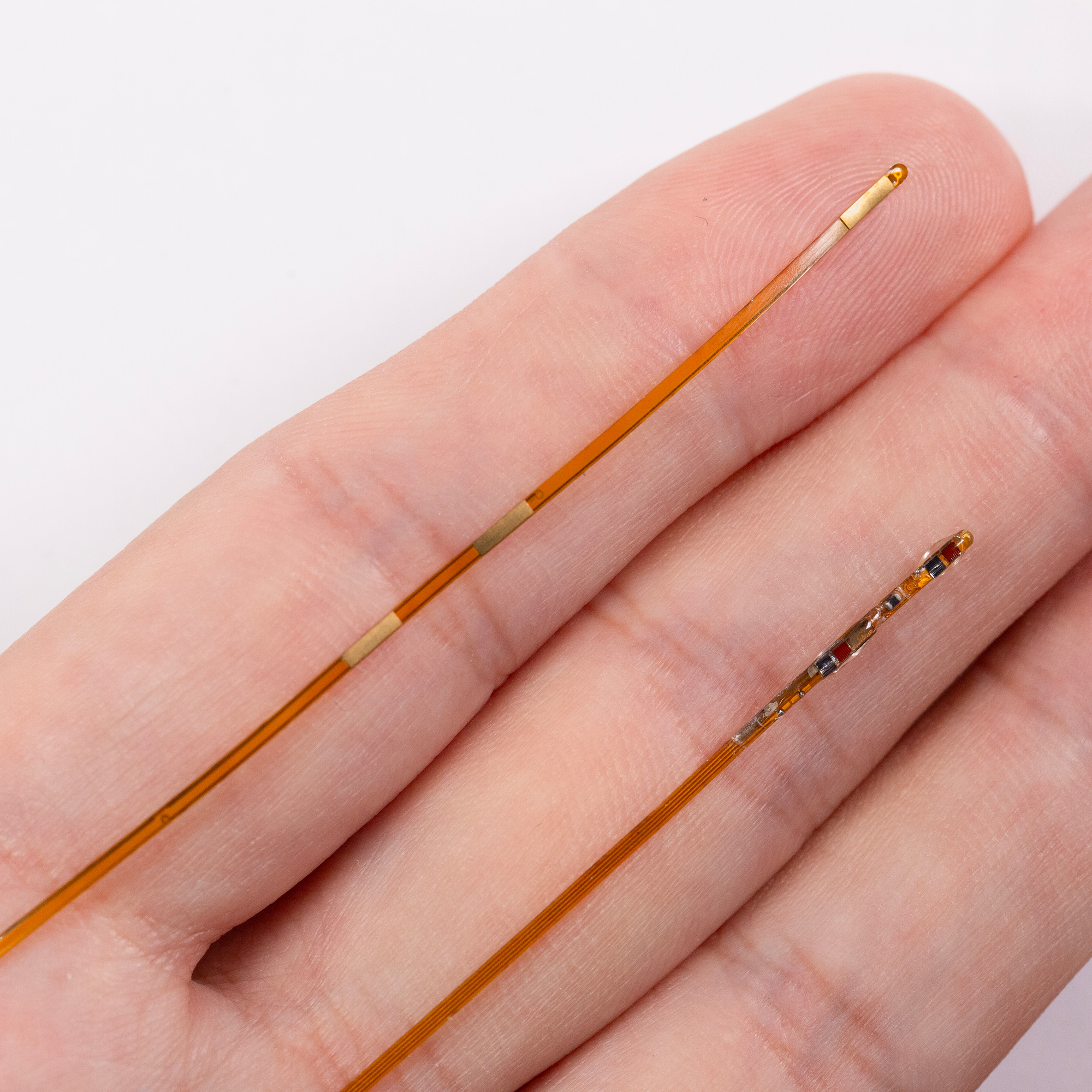Year: 2014
-

Lectures on Campus: Biomaterials, Dance and the Exposome
At three recent lectures, investigators shared research on 3-D printable biomaterials, a Latin dance program for older Latinos and the environmental causes of disease.
-

Exploring How Arsenic Combats Leukemia
A Northwestern Medicine study unearthed the mechanisms behind arsenic’s anti-cancer effects to show how the chemical compound could combat multiple types of leukemia.
-

Departments Rank High in List of NIH Funding
Eight departments at Northwestern University Feinberg School of Medicine rank in the top 10 in their discipline in a list of National Institutes of Health (NIH) funding to medical schools, with an additional three departments in the top 20.
-

Honoring Jeremiah Stamler
Feinberg celebrated the accomplishments of public health pioneer, and founding chair of the Department of Preventive Medicine, Jeremiah Stamler, MD at a recent event in his honor.
-

At AMSA Conference, Students Prepare to Lead a Changing Healthcare Culture
Medical students attended the American Medical Student Association (AMSA) Training Ground conference, hosted at Feinberg on November 22 and 23, with events united under the theme of “Lead the Change in the Culture of Medicine.”
-

Poster Presentations Showcase Student Research
Medical students presented their Area of Scholarly Concentration projects at a poster session on November 21.
-

Deconstructing How the Brain Processes Odors
Distinct regions of the human brain encode dozens of molecules within a natural odor individually and as a whole, helping guide odor-related behavior, according to a new Northwestern Medicine study.
-

Children’s Relentless Seizures Halted By New Drug
A recent publication documents the first clinical application for pediatric patients with refractory status epilepticus, a life-threatening form of seizure disorder, providing hope for treatment.
-

Uncovering the Mechanisms Behind Recovery from Childhood Egg Allergies
Northwestern Medicine scientists uncovered that allergic children who develop a natural tolerance to egg protein produce more of an anti-inflammatory protein, providing a potential biomarker to differentiate previously-allergic patients from children who still have the allergy.
-

A Step Toward Feasible Organ Engineering
Northwestern Medicine scientists have identified a strategy to begin reengineering part of the kidney’s network of blood vessels.






